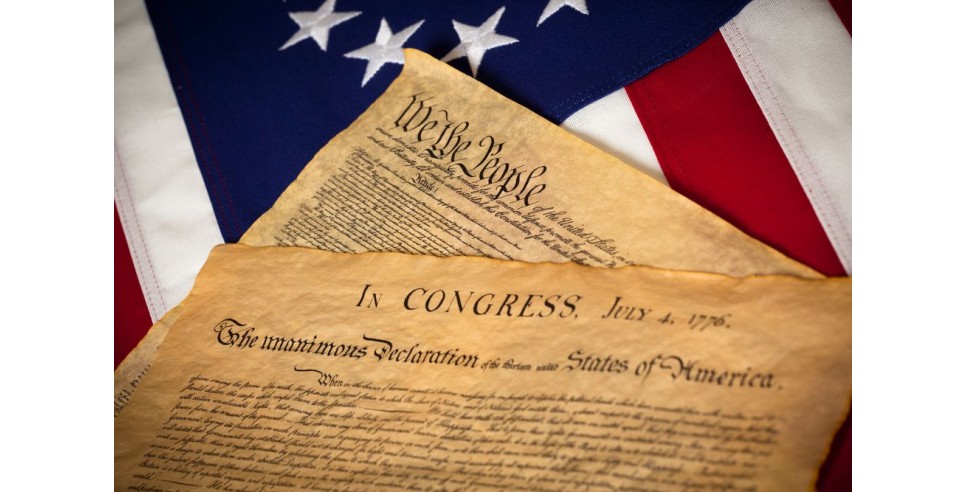|
There are those who would argue that Democratic members of the House of Representatives are engaged in a bitter and vengeful effort to unseat the president of the United States, that the focus of U.S. House Committee on Intelligence and the U.S. House Judiciary Committee has been much fuss about nothing. It is expected that the Judiciary Committee will release the actual articles of impeachment this week, and that a vote in the House will occur before Christmas.
After both closed and public hearings focused primarily upon the Ukraine matter, the House Intelligence Committee produced a 300-page report that focuses on at least two areas - abuse of office and obstruction. Up to five articles of impeachment are possible, and it is expected that the U.S. House of Representatives will vote for impeachment. If so, the impeachment trial will take place in the U.S. Senate, presided over by the Chief Justice of the Supreme Court in the new year. The president wants to move quickly to trial because he is confident that he will be acquitted in the Senate of what he calls "a hoax." He is confident that a Republican majority in the Senate will acquit him. In his public remarks, he characterizes this as a partisan political witch hunt, noting that Democrats have been trying to unseat him since before he was elected.
This process plays out against the 2020 presidential election runup, and all members of Congress will be voting on the public record, many of whom are up for re-election along with the president.
Given the odds, why proceed? This will be only the fourth time in history that Congress has brought impeachment charges against a president. The House Intelligence report argues that, without impeachment, the president will continue a pattern that includes asking a foreign country to assist him in undercutting his political rival(s) in the 2020 election, that the president has elevated his own personal interests over the interests described in the Constitution that he is sworn to protect and defend. The unargued, essential fact is that the administration has refused to provide testimony or documents to Congress for its inquiry. The refusal may lead to a charge of obstruction of justice or obstruction of the Congress.
Again, why proceed if the outcome looks assured? The members of Congress are the elected representatives of the people, and each of them has taken an oath, as has the president. From the Constitution:
"The Senators and Representatives before mentioned, and the Members of the several State Legislatures, and all executive and judicial Officers, both of the United States and of the several States, shall be bound by Oath or Affirmation, to support this Constitution; but no religious Test shall ever be required as a Qualification to any Office or public Trust under the United States." -- U.S. Constitution, Article VI, Clause 3
The president has also taken an oath to support the Constitution:
"I do solemnly swear (or affirm) that I will faithfully execute the Office of President of the United States, and will to the best of my Ability, preserve, protect and defend the Constitution of the United States." --Article 2, Section 1, U.S. Constitution
After their experiences in England with King George, the founding fathers were anxious to anticipate and to spell out what were impeachable offenses. The Constitution limits the grounds for impeachment to "Treason, Bribery, or other high Crimes and Misdemeanors," even though it does not define the meaning of the latter. Impeachment for the founding fathers was a tool to "maintain constitutional government" by removing individuals unfit for office. From Alexander Hamilton's perspective, "the misconduct of public men, or in other words from the abuse or violation of some public trust" is grounds for impeachment (Federalist 65).
Each member of Congress has one vote, and all votes are recorded. Perhaps our representatives should be more concerned with the right thing to do than with their respective re-election campaigns. They could take as role models the senior administrative public officials, past and current, who put the facts of the matter ahead of the advancement of their careers in the remarkably consistent testimony they provided to the House Intelligence Committee.
So when we ask, do we have grounds to proceed, I believe the answer is yes. Whether or not the Judiciary Committee references the Mueller Report or not, that report provides additional clarity on election interference in the 2016 presidential election. Already, the Department of Homeland Security and the FBI have reported on evidence of current disinformation efforts from the Russians in the run-up to next year's election. Whether he is convicted in the Senate or not is at this point less important than whether members of Congress can uphold the oaths they took. The next several months will go down in history as consequential to the future of our democracy.
|

